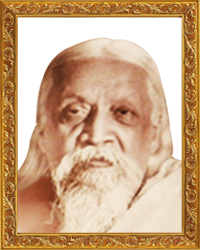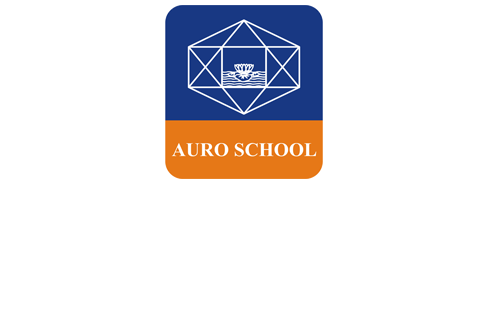
Sri Aurobindo (born Aurobindo Ghose; 15th August 1872 – 5th December 1950) was an Indian Philosopher, yogi, guru, poet, and nationalist . He joined the Indian movement for independence from British rule, for a while was one of its influential leaders and then became a spiritual reformer, introducing his visions on human progress and spiritual evolution. Aurobindo studied for the Indian Civil Service at King’s College, Cambridge, England. After returning to India he took up various civil service works under the Maharaja of the princely state of Baroda and became increasingly involved in nationalist politics and the nascent revolutionary movement in Bengal . He was arrested in the aftermath of a number of bomb outrages linked to his organisations, but in as highly public trial where he faced charges of treason, Aurobindo could only be convicted and imprisoned for writing articles against British rule in India. He was released when no evidence could be provided, following the murder of a prosecution – witness. During his stay in the jail he had mystical and spiritual experiences, after which he moved to Pondicherry, leaving politics for spiritual work. During his stay in Pondicherry, Sri Aurobindo developed a method of spiritual practice he called integral yoga. The central theme of his vision was the evolution of human life into a life divine. He believed in a spiritual realisation that not only librated man but transformed his nature, enabling a divine life on earth. In 1926, with the help of his spiritual collaborator, MirraAlfassa (referred to as “The Mother”), he founded the Sri Aurobindo Asharam. He left his body on 5 December 1950 in Pondicherry. National and international newspapers commemorated his death. His main literary works are The Life Divine, which deals with the oretical aspects of Integral Yoga; Synthesis of Yoga, which deals with practical guidance to Integral yoga; and Savitri: A Legend and a Symbol, an epic poem. His works also include philosophy, poetry, translations and commentaries on the Vedas, Upanishads and the Bhagavad Gita. He was nominated for the Nobel Prize in Literature in 1943 and for the Nobel Peace Prize in 1950.

